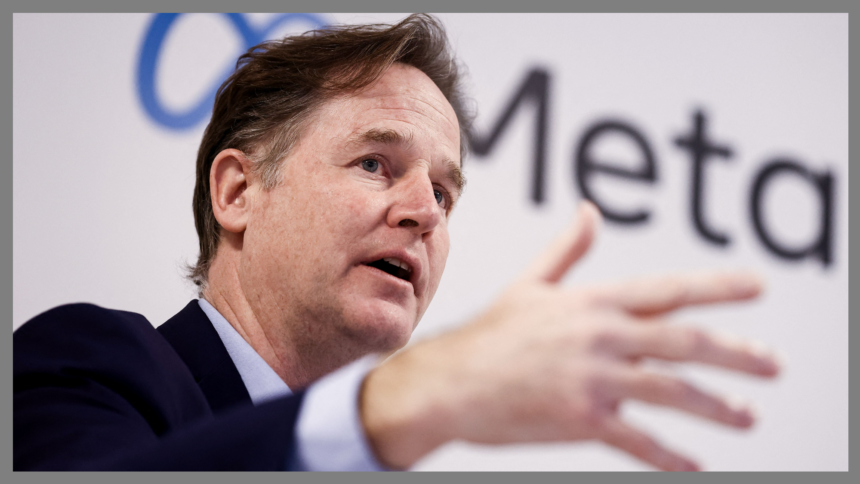In a New Year’s surprise, Sir Nick Clegg, Meta’s President of Global Affairs, is stepping down after nearly seven years at the social media giant. His departure comes as Meta navigates a new, complex political landscape, especially with Donald Trump’s upcoming return.
Here’s what you need to know about Clegg’s exit and what it means for Meta.
What’s Happening & Why This Matters
Clegg, a former deputy prime minister of the UK, announced his resignation in a Facebook post, revealing plans to transition to “new adventures.” His successor, Joel Kaplan, a Republican and former deputy chief of staff under President George W. Bush, will take over. Kaplan is known for handling Meta’s relations with Republicans, a crucial role as political tensions surrounding social media continue to rise.
Clegg’s departure is pivotal, just weeks before Donald Trump’s return to the White House. Trump has been vocal about accusing platforms like Meta of censoring conservative voices, particularly after Facebook and Instagram suspended his accounts in 2021 following the Capitol riots. However, relations between Trump and Meta seem to be warming, with the two even dining together post-election.
Clegg’s tenure at Meta included overseeing significant shifts in how the company navigates government regulations and content moderation. As political and regulatory pressures on big tech companies grew, Clegg played a significant role in establishing Meta’s Oversight Board, an independent body overseeing content moderation decisions.

What Clegg’s Departure Means for Meta

Clegg’s departure may indicate a shift in Meta’s approach to political and regulatory challenges. His replacement, Kaplan, brings a more direct connection to Republican leadership, which may be pivotal as Meta faces ongoing scrutiny from both sides of the political aisle. Analysts suggest that the timing of this leadership change is not coincidental, with Trump’s return potentially influencing Meta’s future decisions.
During his time at Meta, Clegg helped bridge the gap between tech ambitions and political forces, navigating issues like censorship, data privacy, and regulation. He has been open about his frustration with some of the platform’s actions, acknowledging that certain users have been “unfairly penalized” in the process. Clegg’s departure also follows his comments on Elon Musk’s influence over X (formerly Twitter); he called Musk a “political puppet master” for the platform’s shift toward hyper-partisanship.
Looking Ahead: Meta’s New Era
As Kaplan steps into his new role, all eyes will be on how Meta adapts to the changing political administration under Trump’s looming influence. Kaplan’s background in managing relationships with Republicans positions him well to steer Meta through the next phase as political pressure and regulatory scrutiny will only increase.
Meta’s relationship with regulators and politicians will continue to be shaped by these leadership changes. Kaplan’s appointment will likely show how Meta plans to navigate future political challenges, particularly in an era of rising calls for greater accountability from big tech.
TF Summary: What’s Next
Nick Clegg’s exit from Meta is the end of an era but also ushers in a new phase for the company. With Kaplan at the helm, Meta will likely double down on its relationships with political leaders and navigate the evolving regulatory landscape more directly. As Trump’s return to power becomes a reality, Meta must carefully balance its approach to content moderation, censorship, and political influence.
This is a critical moment for Meta to redefine its role in both tech and political spheres. Expect more changes as the organization responds to ebbing tides in the US and globally.
— Text-to-Speech (TTS) provided by gspeech


